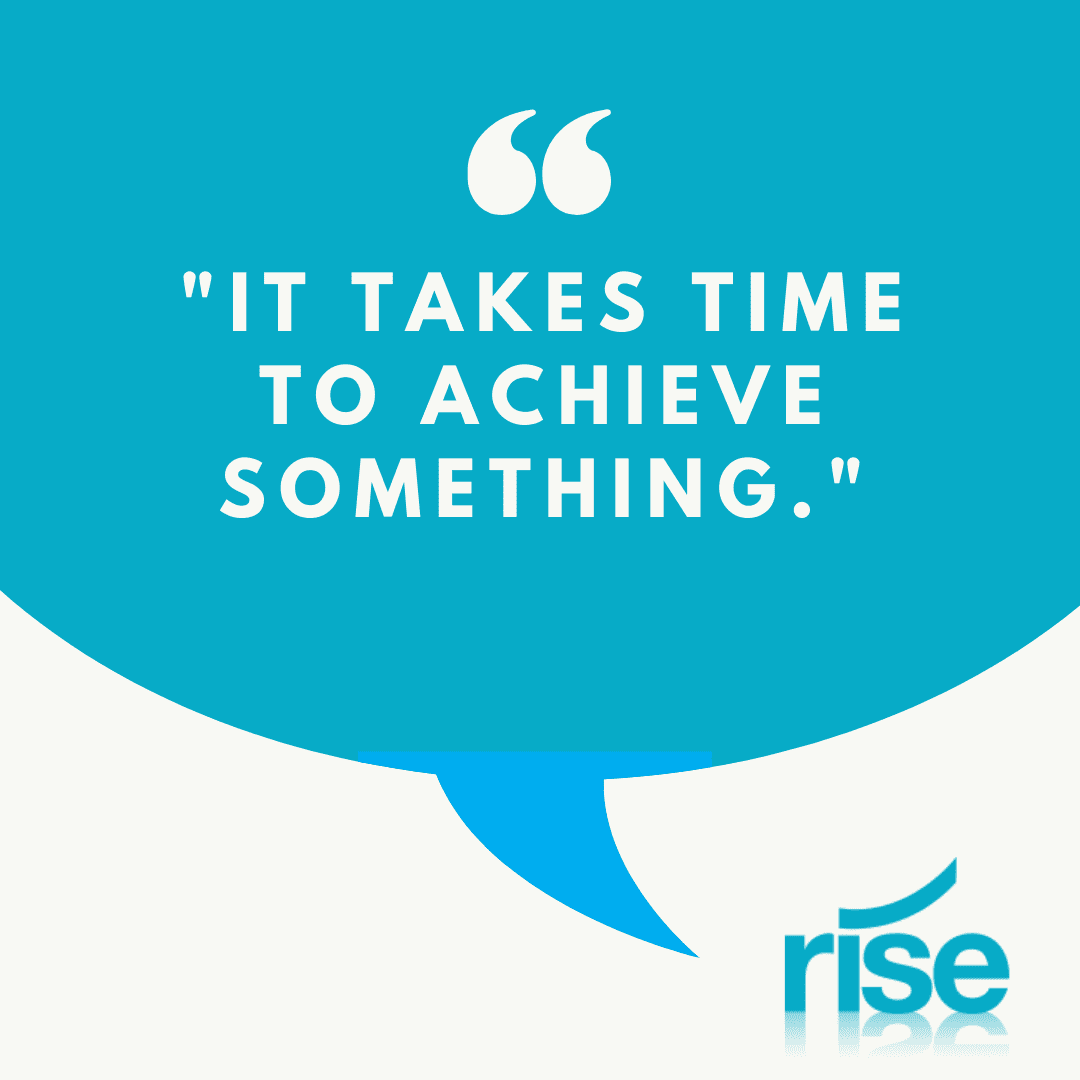As SMEs across New Zealand face pressure from various adverse conditions such as rising interest rates, labour shortages, and declining sales, it’s now urgent for SMEs to take proactive steps to prepare for the coming storm.
Vijay Nyayapati, an EOS facilitator who works with big and small clients across New Zealand, says some clients have noticed declining sales, some as high as an 80 per cent drop.
“Interest rates are rising, and businesses that are not prepared will feel the pressure,” Nyayapati said. “Symptoms of trouble include the inability to meet payroll, clients taking longer to pay bills, and sudden cashflow problems.
“Part of the problem is that the free money floating around post-COVID has dried up.”
Nyayapati also noted that businesses could only afford to borrow less due to higher bank interest rates and a decline in property values, even if the business owner mortgages their home to get the loan.
“Banks want you to borrow money against assets and pay interest. There will be certain terms and conditions and remember that they are lending on the falling value of your property.”
Nyayapati has survived three business downturns and advises businesses to trade their way out by adjusting their vision and goals to go with the market, invest money in bringing in business, monitoring their outgoings, and measure their progress.
“SMEs need to closely monitor their financial situation every week and be aware of the symptoms of trouble on the horizon, such as an inability to meet payroll, clients taking longer to pay bills, and a sudden cashflow pressure. Unfortunately, most Kiwi businesses will be caught unawares,” Nyayapati warned.
He emphasised the importance of understanding business cycles. “Booms don’t go on forever, and a good business must weather all cycles to thrive and grow,” he said.
Focusing on what matters most is essential—customers, employees, and financial stability. By taking proactive steps to prepare for challenging times, businesses can survive and emerge stronger and more resilient.
To prepare and survive, Nyayapati recommends the following actions for small businesses:
1. Keep your customers close
Understand their needs and genuinely try to help them.
2. Create a water-tight Accountability Chart™
Different from an organisational chart, accountability charts ensure you have the right people in the right seats, with measurable goals and objectives.
3. Invest money in business development
Be discerning about where to invest in sales or marketing strategies that increase sales.
4. Invest in a business coach
With proper due diligence, invest in a good business coach who has experienced adversities before and has come out on top.
Nyayapati’ s advice is supported by recent research by the University of Auckland Business School, which found that companies that invested in customer relationship management and marketing during a downturn were more likely to emerge from the recession with a larger market share.
While it’s impossible to predict when a recession will hit, Nyayapati says that by taking these steps now, businesses can prepare for a downturn and thrive in the ups and downs of business cycles.
More information: https://www.eosworldwide.com/vijay-nyayapati













